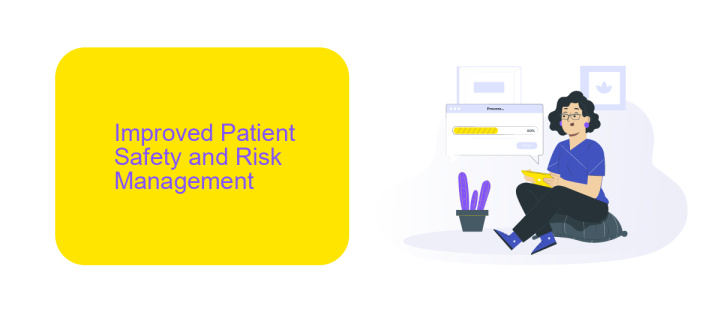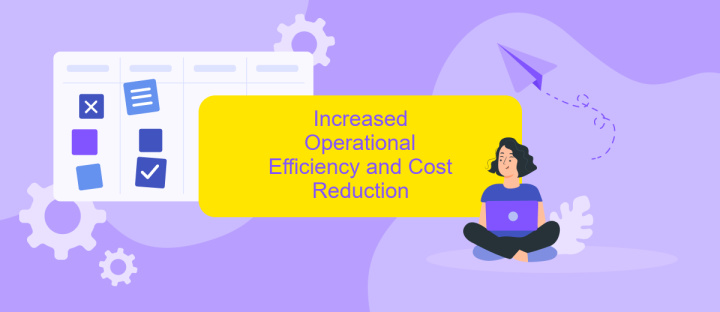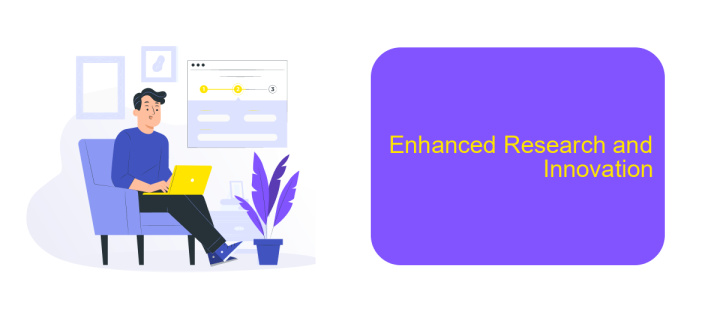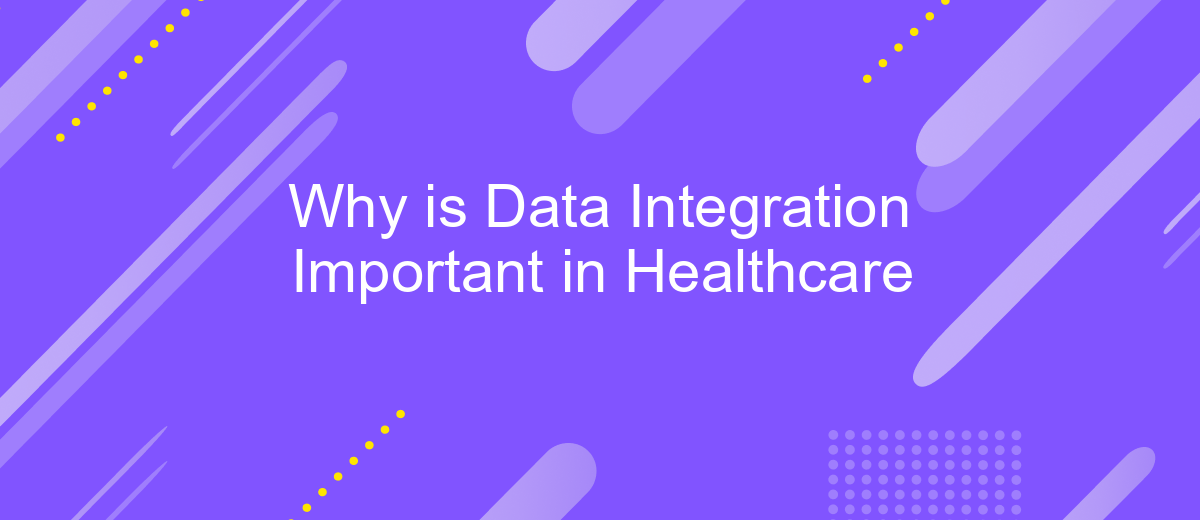Why is Data Integration Important in Healthcare
In today's rapidly evolving healthcare landscape, data integration has become a cornerstone for delivering high-quality patient care. By seamlessly combining information from various sources, healthcare providers can achieve a holistic view of patient health, streamline operations, and make informed decisions. This integration not only enhances patient outcomes but also drives efficiency and innovation in the healthcare system.
Importance of Data Integration in Enhancing Patient Care
Effective data integration in healthcare is crucial for enhancing patient care. By seamlessly merging data from various sources, healthcare providers can gain a comprehensive view of a patient's medical history, leading to more accurate diagnoses and personalized treatment plans. This holistic approach reduces the risk of errors and ensures that patients receive the most appropriate care promptly.
- Improved accuracy in patient records
- Enhanced coordination among healthcare providers
- Faster access to critical patient information
- Reduced duplication of tests and procedures
- Better patient outcomes and satisfaction
Utilizing advanced integration platforms like ApiX-Drive can significantly streamline the process of data integration in healthcare. ApiX-Drive offers a user-friendly interface and robust features that allow for seamless data exchange between disparate systems. This ensures that healthcare professionals have real-time access to vital patient information, ultimately leading to improved decision-making and patient care.
Improved Patient Safety and Risk Management

Data integration in healthcare significantly enhances patient safety by providing a comprehensive view of a patient's medical history. When healthcare providers have access to integrated data from various sources, such as electronic health records (EHRs), laboratory results, and imaging studies, they can make more accurate diagnoses and treatment plans. This holistic approach reduces the likelihood of medical errors, such as incorrect medication prescriptions or overlooked allergies, thereby ensuring safer patient care.
Moreover, effective data integration facilitates better risk management by enabling real-time monitoring and predictive analytics. Tools like ApiX-Drive can streamline the integration process, allowing for seamless data flow between different healthcare systems. This ensures that critical information is readily available for decision-making, helping to identify potential risks and intervene proactively. By leveraging integrated data, healthcare organizations can improve patient outcomes and optimize resource allocation, ultimately leading to a safer and more efficient healthcare environment.
Increased Operational Efficiency and Cost Reduction

Integrating data in healthcare systems significantly enhances operational efficiency and reduces costs. By streamlining data flow between various departments and systems, healthcare providers can ensure that information is readily available and up-to-date, minimizing delays and errors in patient care.
- Automated data entry reduces manual labor and associated errors.
- Real-time data access improves decision-making processes.
- Efficient resource allocation and inventory management reduce waste.
- Centralized data storage lowers IT maintenance costs.
- Enhanced patient tracking and follow-up care improve overall outcomes.
Services like ApiX-Drive facilitate seamless integration between different healthcare applications, automating data transfer and synchronization. This not only saves time but also ensures that healthcare professionals have access to accurate and comprehensive patient data. By leveraging such tools, healthcare organizations can focus more on patient care rather than administrative tasks, ultimately leading to higher efficiency and cost savings.
Enhanced Research and Innovation

Data integration in healthcare significantly enhances research and innovation by providing a comprehensive view of patient data. This holistic perspective allows researchers to identify patterns and trends that are not visible when data is siloed, leading to more accurate and insightful findings.
Moreover, integrated data systems facilitate collaboration among researchers, enabling them to share and analyze data more efficiently. This collaborative approach accelerates the pace of medical discoveries and the development of innovative treatments and technologies.
- Improved data accuracy and consistency
- Enhanced ability to conduct large-scale studies
- Streamlined data sharing and collaboration
- Faster identification of trends and patterns
Tools like ApiX-Drive play a crucial role in this process by simplifying the integration of various data sources. By automating data workflows, ApiX-Drive ensures that researchers have access to up-to-date and accurate information, thereby fostering a more dynamic and innovative research environment.
- Automate the work of an online store or landing
- Empower through integration
- Don't spend money on programmers and integrators
- Save time by automating routine tasks
Facilitation of Interoperability and Data Sharing
Interoperability and data sharing are pivotal in healthcare, ensuring that patient information flows seamlessly across various systems and platforms. Effective data integration enables healthcare providers to access comprehensive patient records, leading to better-informed decisions and improved patient outcomes. By standardizing data formats and communication protocols, healthcare organizations can break down silos and facilitate real-time information exchange, which is crucial for coordinated care and emergency response.
One example of a service that supports this integration is ApiX-Drive. ApiX-Drive simplifies the process of connecting disparate healthcare systems, allowing for automated data transfer and synchronization. This tool can bridge the gap between electronic health records (EHRs), laboratory information systems (LIS), and other healthcare applications, ensuring that critical data is readily available when needed. By leveraging such integration platforms, healthcare providers can enhance interoperability, streamline workflows, and ultimately deliver higher quality care to patients.
FAQ
Why is data integration important in healthcare?
How does data integration improve patient care?
What challenges are associated with data integration in healthcare?
How can healthcare organizations implement data integration effectively?
What role does data integration play in regulatory compliance?
Apix-Drive is a simple and efficient system connector that will help you automate routine tasks and optimize business processes. You can save time and money, direct these resources to more important purposes. Test ApiX-Drive and make sure that this tool will relieve your employees and after 5 minutes of settings your business will start working faster.


